 The History Channel was the worst thing to ever happen to the world of documentaries. Or perhaps it was the combination of dull history classes accompanied with dull history movies. Either way, they did documentaries no favors.
The History Channel was the worst thing to ever happen to the world of documentaries. Or perhaps it was the combination of dull history classes accompanied with dull history movies. Either way, they did documentaries no favors.
Whenever you utter the word “documentary,” many people instantly envision boring old men sitting in front of a black background – or a packed bookshelf if the director is feeling edgy – rattling off the dates of ancient battles.
It’s time to change that.
Saying documentaries are boring is like saying the Detroit Lions are really bad. It just makes you sound hopelessly out of touch. I’ve seen probably more than 100 movies so far this year with 16 movies over the past two weeks alone at the Milwaukee Film Festival.
Therefore, I feel confident in saying that the best, most exciting, fascinating, thought-provoking, chill-inducing, moving and sometimes even tear-worthy films being produced today are documentaries. I would’ve kept going, but I ran out of complimentary adjectives to use.
As I currently sit, piecing together my “best of the year” list off the top of my head, most of the films I instantly place on the list are documentaries. Each of them is great, and each exemplifies some element of filmmaking or storytelling that makes it far and above most Hollywood big budget features out there (even the Oscar bait).
One of my favorite movies of the year for instance is actually a film I saw at last year’s Milwaukee Film Festival: “The Pruitt-Igoe Myth.” Never heard of it? Totally understandable, since besides a run on the festival circuit, it was only released in six theaters in January. “Taken 2” made more money in one weekend than “The Pruitt-Igoe Myth” made in its entire 11-week theatrical release … even if you multiplied it by 1,000.
“The Pruitt-Igoe Myth” doesn’t have a particularly sexy topic. It’s about the legendary rise and fall of an infamous public housing program in St. Louis. Yet the beauty of director Chad Freidrichs’ film is that it takes a topic I would otherwise have had absolutely no interest in and turns it into something that fascinates and moves me.
It’s intellectually interesting as it breaks down the various reasons of why the housing complex fell apart, but it is also emotionally captivating in its talks with old residents. The film finds that, no matter how dilapidated, home is still home. It’s not a flashy film, but it is mind-blowingly effective.
On the other hand, there is “The Imposter,” a very flashy documentary I saw just this past week at the film festival. Through a combination of re-enactments and interviews, director Bart Layton tells the story of a Frenchman who successfully posed as a Texas family’s missing son for five months. It’s an unbelievable story that only gets more unbelievable as it goes along.
If Hollywood got its hands on the story, the odds are good that the “real story” would get pushed aside for more standard fare. A few car chases would be needed, perhaps even an espionage angle; a romance would be necessary as well in an attempt to bring in the “typical” female movie-going demographic. Lost would be the unique characters, the emotional insights and unnerving questions into an incredible and often haunting true story.
The documentary format and the assumption of “truth” are brilliantly flipped on their heads with “The Imposter.” The film’s use of re-enactments (normally a hokey element of documentaries) asks the viewers to question the truth of what they are seeing. It’s a true story being recreated – in essence, faked – in a documentary. No Hollywood screenwriter could create something so twistedly meta.
And that’s just a taste of the great documentaries I’ve seen over the past year. “5 Broken Cameras” is a deeply personal documentary about the Israeli-Palestinean conflict that serves as an emotional punch to the gut (that’s a good thing). “Jiro Dreams of Sushi” is a mouth-watering look at one of the world’s best restaurants, a sushi shop located in a Tokyo subway station, run by an 85 year-old sushi chef.
These films include characters more interesting than any Hollywood writer has been able to come up with this year. The stories are more thrilling than any generic thriller that’s hit the multiplex. As the resident expert of schlocky, instantly disposable movies like “Gone,” “Man on a Ledge” and “House at the End of the Street,” I would know.
So don’t be scared off by documentaries. If you’re bored one night and want to watch a movie, maybe sample a documentary on Netflix instead of a lame romantic comedy or lifeless thriller. You might be surprised to find out that sometimes life is a pretty good screenwriter.


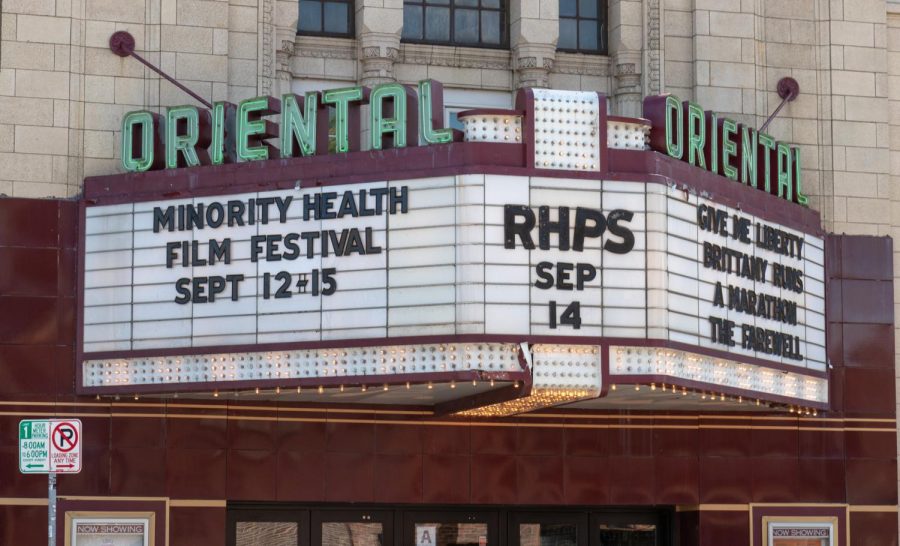
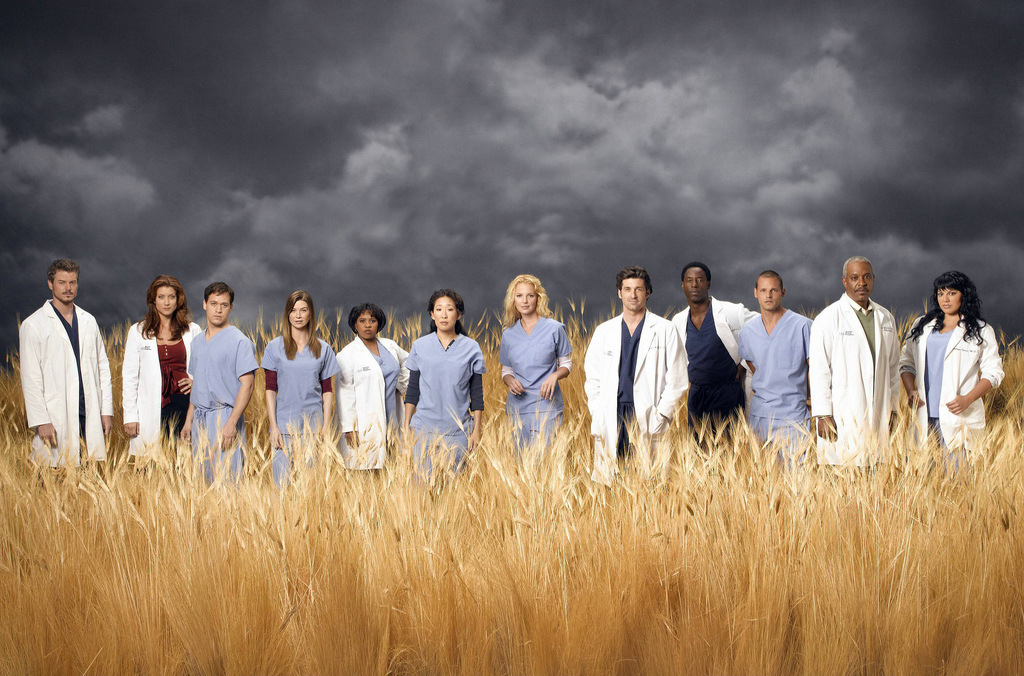

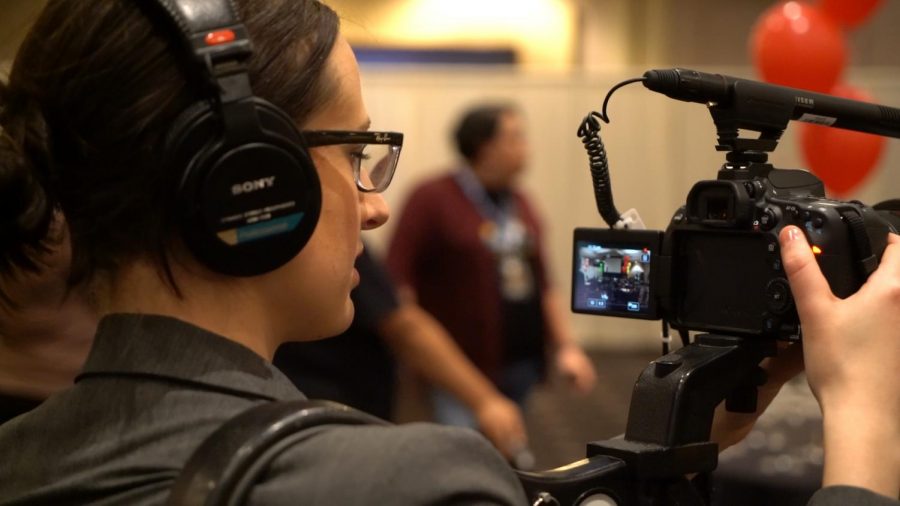
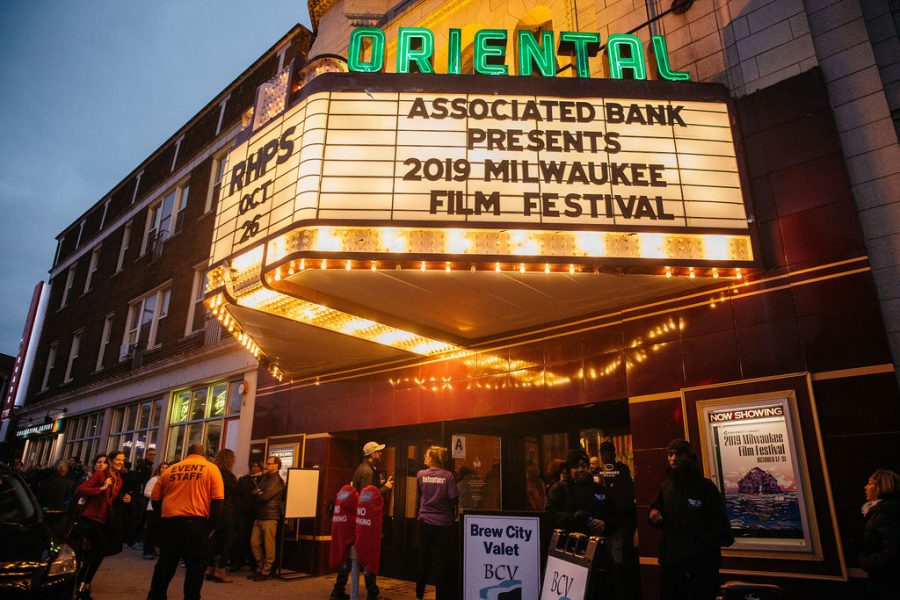
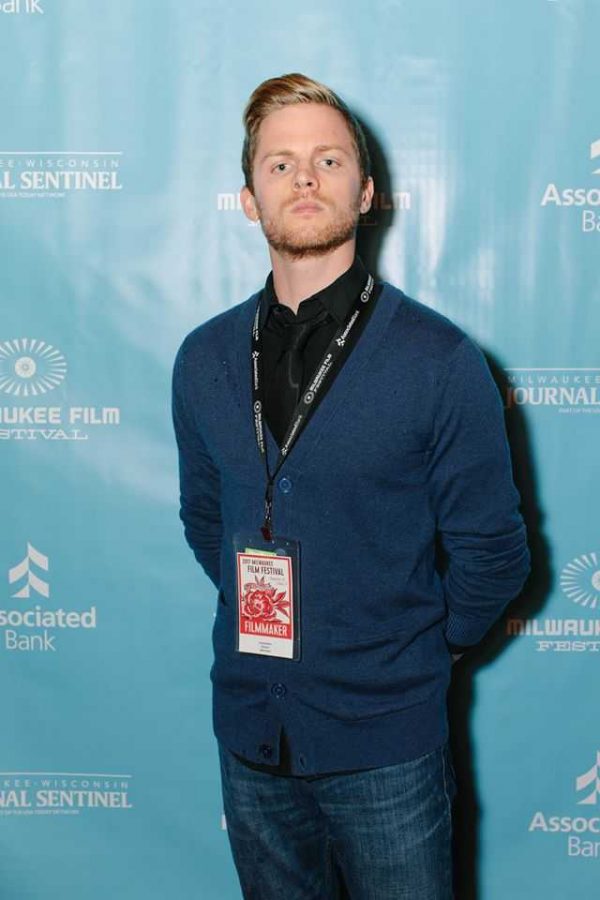
Anne Bartelt • Nov 16, 2012 at 12:10 pm
Well done, Matt. I would also recommend “The Rape of Europa,” which is about the Nazis stealing great art all over western Europe during WW II, and what the Allies did to save it!
Shoot – the damn star-awarding-thingie will only go down, not up. You have +ten stars from me!